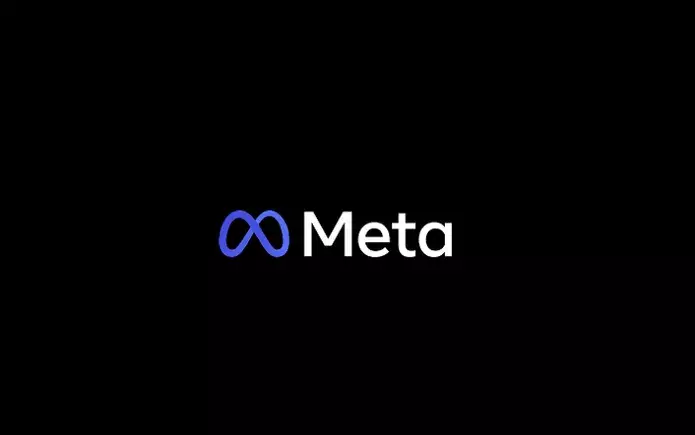In a historic legal triumph that could redefine the discourse on digital privacy rights, Meta has successfully navigated a complex courtroom battle against the infamous spyware developer, NSO Group. This outcome is particularly relevant as it addresses the covert operations of spyware that can infiltrate personal communication channels, leaving users vulnerable without their consent or knowledge. The case centered around the sophisticated malware known as Pegasus, which was reportedly used to compromise the security of WhatsApp’s video calling service in 2019, impacting over 1,000 unsuspecting users.
This incident raised alarm bells, not just for the immediate threat it posed to individual users, but also for the broader implications concerning the security of messaging platforms. The revelation that malware could be unleashed merely by receiving a video call — without requiring any interaction from the user — underscores the terrifying reach of contemporary cyber threats. This potent reminder of our digital vulnerabilities has catalyzed a more proactive stance against such intrusive technologies.
The Cybersecurity Collaboration
Meta, which owns WhatsApp, took swift action by collaborating with cybersecurity experts from Citizen Lab to investigate the breach. This partnership not only illuminated the trajectory of the malware but also highlighted Meta’s commitment to protecting its users. As the investigation progressed, it became clear that NSO’s Pegasus spyware was not a mere tool of surveillance; it was a weapon capable of abundantly invading privacy by harvesting sensitive personal data ranging from financial information to email contents, all stealthily collected right from the palm of the user’s hand.
In laying out its case, Meta articulated the troubling capabilities of Pegasus, which can remotely activate devices’ microphones and cameras without users ever suspecting a thing. This glaring lack of consent embodies a profound violation of civil liberties, making it imperative for the tech industry to confront and combat such invasive tools.
Legal Precedent and Industry Responsibility
In an unexpected turn, a federal jury ruled in favor of Meta, allowing the tech giant to pursue damages from NSO Group. While Meta’s legal argument did not accuse NSO of directly orchestrating the attack, it did assert that the mere existence and functionality of Pegasus created an environment ripe for user data exploitation. This ruling potentially sets an important legal precedent, a paradigm shift that could see technology companies taking a stronger stance against developers of spyware. By directing legal ramifications toward the creators rather than individual attackers, the legal system may redefine the responsibilities of tech developers and hold them accountable for their products’ misuse.
The implications of this case stretch far beyond a single lawsuit; they signal a critical juncture in the ongoing battle for digital privacy. If successful in its pursuit of damages, Meta may pave the way for a slew of similar cases, compelling NSO and other spyware developers to reevaluate their business models and the ethical ramifications of their technologies. The judiciary’s acknowledgment of these issues is vital as we continue to navigate an era where personal information is increasingly commodified.
A Ripple Effect on the Tech Landscape
While the specifics of data scraping and third-party data access remain contested topics, this legal victory by Meta could create a ripple effect throughout the tech industry. For too long, developers have operated under the defense that their tools serve benign purposes; however, the legal landscape is rapidly evolving to reflect the grave societal concerns surrounding privacy. If the industry can unify under the banner of user protection, it could catalyze a collective effort to lobby for stricter regulations governing data security and ethical hacking practices.
As technology continues to intertwine with daily life, the need for robust legislation to rein in misuse becomes more pressing. Meta’s case against NSO Group serves as a call to action for other tech corporations, urging them to place user security at the forefront of their missions. The outcome may encourage other entities grappling with similar threats to act decisively, recognizing that defensive measures extend beyond technical solutions to include legal avenues that impose consequences on those perpetuating digital invasions.
This legal victory represents not just a win for Meta but a significant leap toward a more secure digital ecosystem. As we forge ahead, the lessons learned from this case will resonate, urging businesses to take significant strides in safeguarding user privacy and establishing ethical norms in technology development.

